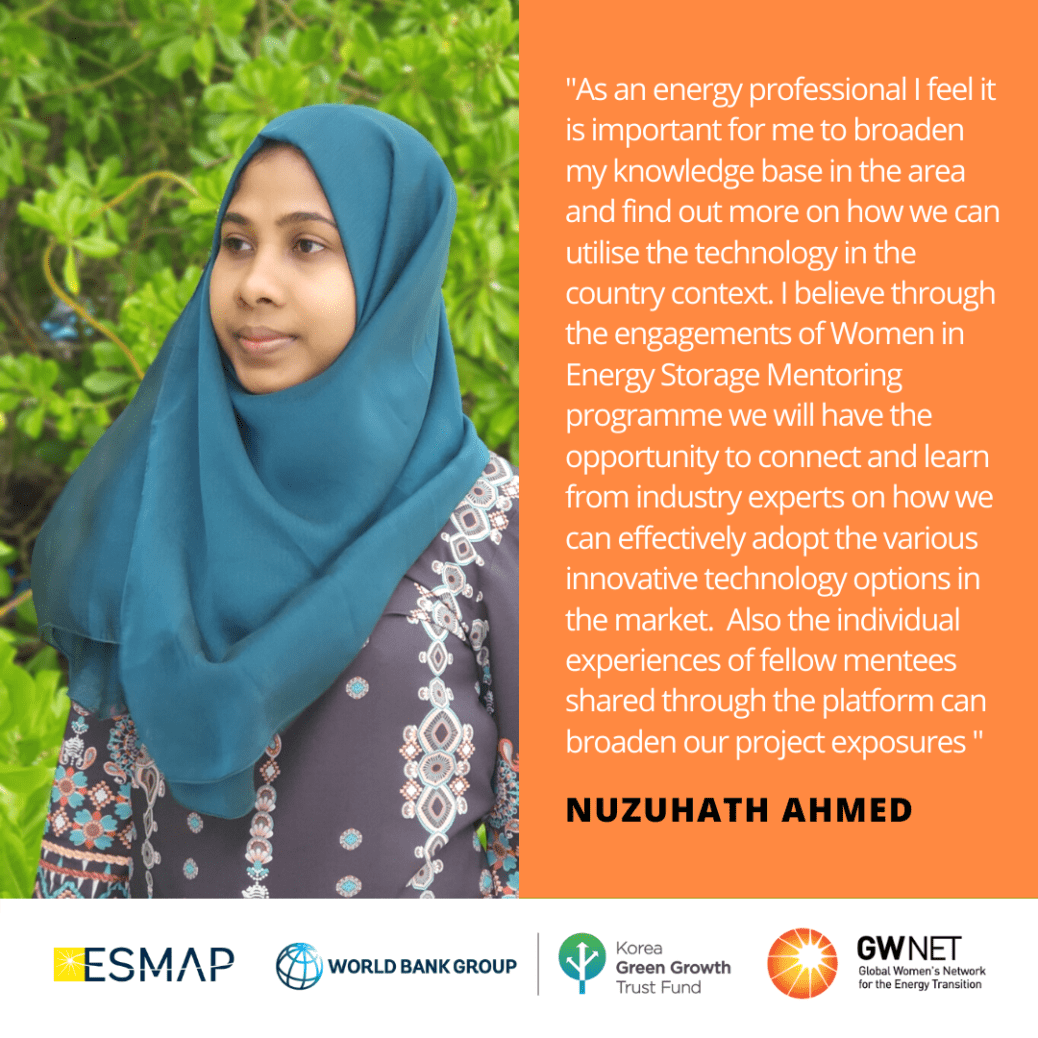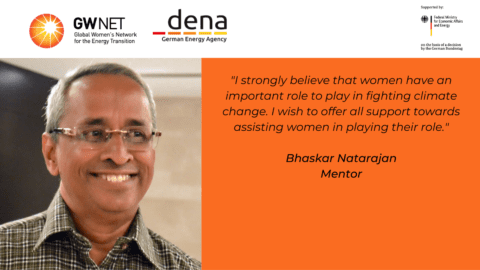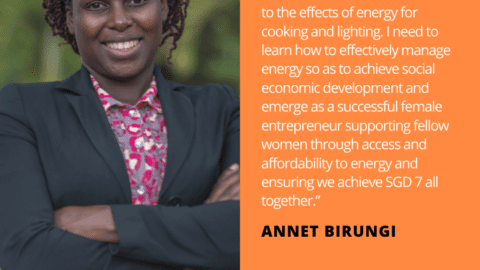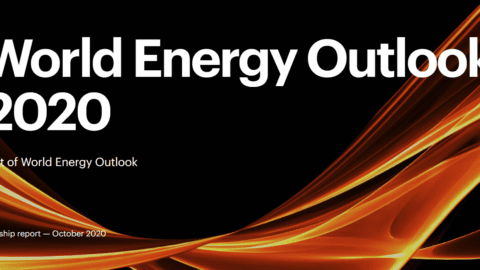The Women in Energy Storage Mentoring Programme sat down with Nuzuhath Ahmed, one of this year’s participants, to chat about her journey in renewable energy and the challenges and opportunities for women in the energy storage sector.
1) Tell us a little about yourself. What do you love most about what you do?
I started my engineering career in the manufacturing field and changed track to the utility sector. After completing an undergraduate degree in Manufacturing Engineering, my first job was at Horizon Fisheries Company Pvt Ltd as a manufacturing engineer. Living in an isolated industrial island, especially in a male-dominated work environment was challenging and I moved back to the capital city.
Manufacturing jobs are close to non-existent in the Maldives, but the versatility of knowledge from the 4-year degree program meant I had numerous career pathways. In 2013 I joined Male’ Water and Sewerage company, providing water, sewerage and other engineering services in the capital city as well as other islands. I worked there for 2.5 years and with the projects I was exposed to, I developed an interest in the renewable energy field.
Pilot-scale rooftop solar projects were emerging at that time in the Maldives and the future potential of renewable technologies especially for a country like the Maldives with no conventional fuel resources was evident. The promising career prospects led me to explore opportunities for higher studies and I was fortunate to get a scholarship to study sustainable energy engineering in Australia. After completing my master’s degree, I joined the Ministry of Environment as an engineering coordinator for one of the largest national scale renewable energy projects and the past 4 years has been fulfilling.
The energy industry is very dynamic and learning about new technologies is exciting. Also, being part of something that brings improvements at a societal and economic level gives me deep satisfaction.
2) What were your goals when you started working in energy storage? Have these evolved?
Energy storage is a fairly new technology in the context of the Maldives. My career progression and goals are very much linked to the project I am currently engaged in at my job. Our focus over the past few years has been in overcoming the early stage challenges related to renewable energy project financing and implementation.
The funding for the program, under the Scaling-up Renewable Energy Program (SREP) in the Maldives, has contributed significantly on this front and steady growth in solar PV has been experienced. We have also successfully established working project models and pathways for financing renewable energy and are now more hopeful in the country’s energy transition process.
Energy storage is fundamental to achieving this and with the World Bank’s funding to develop energy storage capacities in the Maldive Island grids, we are developing a pipeline to bring in close to 36 MW of solar PV across various islands along with energy storage systems with close to 50 MWh capacity. This is the first time I am working on battery integrated solar PV systems and hence I am keen on developing technical knowledge on energy storage.
In the Maldives, the technical expertise in the development and implementation of projects is mostly outsourced to foreign experts. I have the desire to personally develop my expertise level to work independently on projects. However, due to the slow progression in the construction of projects, on-the-job learning related to the engineering design of projects has not been up to satisfaction and hence investing time for self-learning is a priority. Progressing from my knowledge on solar PV technology, I would like to deepen my understanding of battery-related engineering aspects such as sizing, industrial standards, electrical design, communication and control related aspects and also commissioning related testing. The aim is to build project expertise to a level sufficient to cover the full spectrum from feasibility to engineering design, implementation and commissioning of hybrid renewable energy projects.
3) How has the COVID-19 pandemic impacted the professional goals you set out for the year?
Overall, I would not consider that the pandemic impacted my professional goals in a negative way. Undoubtedly the pandemic has diverted the resources and attention of governments towards alleviating the impact of the health crisis. This has resulted in delays for projects at the approval stage as is the case for the ARISE project under formulation between the World Bank and the Ministry of Environment, planned to be implemented by our Project Management Unit.
However, as renewable energy can support a post-Covid economic recovery it is a priority of the Maldivian Government to fast track the planned renewable energy projects. Hence, our project team is working relentlessly to ensure that we have market-ready bid packages by the time the new project funding comes in. Nevertheless, activities have slowed down in some respects such as field related surveys. Also, project stakeholder communications and interactions take place virtually with most staff working from home.
4) What are the opportunities for energy storage growth in your country?
A high penetration of RE levels is expected for our island grids to achieve the set renewable energy targets, and this cannot be achieved without deploying energy storage technologies.
Under the Maldives Strategic Action Plan (SAP): 2019-2023, by 2023 the share of renewable energy in the national energy mix is to be increased by 20%, compared to 2018 levels. As a complementary technology, an energy storage capacity of up to 30MWh is needed at a minimum.
The grids in our islands are conventionally based on diesel generator sets and with hybridization, energy storage will provide beneficial roles to feed in a maximal amount of renewable energy to the grids while maintaining grid stability and also achieving optimal operation of generators. Also, for very high RE penetration grids, batteries can provide the power independent of diesel generator sets. This has been achieved for a few of the small islands and the shutting of generators during daytime is beneficial economically and environmentally.
5) What challenges have you faced in the sector? Can you tell us how you overcame (or are overcoming) this challenge(s)?
The renewable energy sector in the Maldives is still at an emerging stage and relative to other countries, the scale of projects is small (in the range of a few MW’s). In addition, early-stage challenges resulted in the slow progress of activities and two solar IPP projects reached a successful stage during the past 4 years of my job at the Ministry of Environment. Out of this, one project (1.5MW) has been commissioned and is in operation and we are yet to see the construction of the second project which is of 5MW capacity. Thus, the engineering level exposure and knowledge development achieved through the job has been narrow so far. Nationally, there are limited job opportunities and the roles are normally filled by people who have served for long periods. Sometimes this brings in some unfair disadvantages to the people who join in later, though with good qualifications. However, I am optimistic for the coming years as we embark on large scale projects for solar PV and battery.
Apart from this, there are challenges of being a female engineer. When it comes to field jobs there is a certain hostility as it is male-dominated and people do not often expect women engineers – it takes extra effort for your ideas and thoughts to be heard. But I have met very supportive coworkers who value and accept the efforts of young people who are trying to establish a foothold in the industry. Despite this, I believe that for people who are willing to put in maximum effort and who are passionate, these challenges can be overcome.
6) Why did you join the Women in Energy Storage Mentorship Programme? What do you hope to achieve?
Energy storage is crucial in achieving the ambitious renewable energy goals for the Maldives. During recent years, rapid advancements have occurred in the energy storage space and as we are soon to commence the implementation of projects involving battery energy storage it is important for me to develop knowledge related to these technologies. The announcement of the Women in Energy Storage Mentorship Programme was timely and I am passionate to make use of the opportunity.
Additionally, energy storage deployment is growing globally and since we have mentees representing different parts of the world, it is beneficial for us to get connected and learn from each other’s experiences. I also believe in the benefits of having a well-experienced mentor especially when there are few role models to look up to and seek advice from. In addition, I expect to further develop my energy storage knowledge from the webinar and information exchange sessions GWNET and the Energy Storage Partnership will bring to us.
7) What advice would you give to women hoping to join the energy storage sector?
The renewable energy and energy storage industry itself is a very diverse field and offers different job opportunities. There are consultancies related to feasibility assessments, engineering design, procurement, installation-related works, and operation and maintenance. These are all varying types of professional fields that you can select from or progress across. Even if you might see a fewer number of women, there is a lot of effort to overcome the gender disparity in the field and hence this can be an advantageous time for women wanting to start a career in energy storage. My advice would be to make the most of these opportunities and to encourage you to pursue a career in the field.
Read more about GWNET’s mentoring programmes here.











